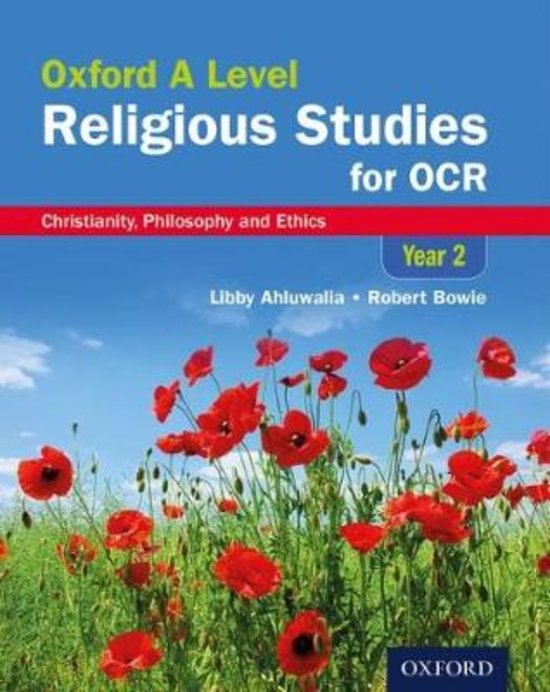The Nature or Attributes of God
Key Terms:
Omnipotent: All-powerful
Omniscient: All-knowing
Omnibenevolent: All-good and all-loving
Eternal: Timeless, atemporal, being outside the constraints of time
Everlasting: Sempiternal, lasting forever on the same timeliness as
humanity
Free will: The ability to make independent choices between real options
Existentialism: A way of thinking that emphasises personal freedom of
choice
Immutable: Incapable of changing or being affected
Introduction:
Christians inherited the language, symbolism and poetry of the Old Testament in
which God is anthropomorphised, involved with the world and unpredictable. The
God of the OT seems to have thoughts and feelings: he is satisfied when people obey
his Commandments, and angry and disappointed when they fail. He sometimes
seems to wait and see what people will do next and gives them warnings and
promises as if the future is as unknown to God as it is to his people. God is
concerned about moral behaviour and passes judgement on the decisions people
make, suggesting that when they do wrong, it is their own fault





